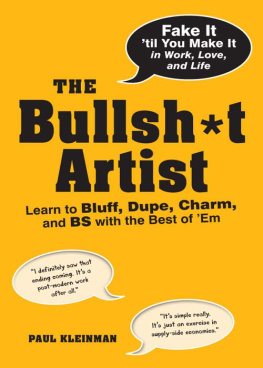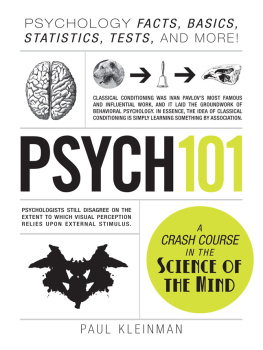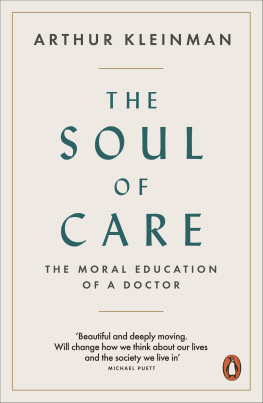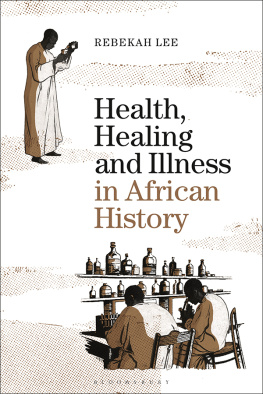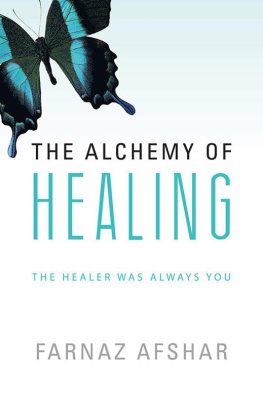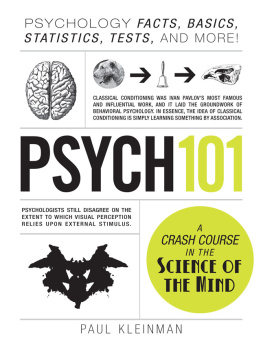Kleinman - Illness Narratives : Suffering, Healing, and the Human Condition
Here you can read online Kleinman - Illness Narratives : Suffering, Healing, and the Human Condition full text of the book (entire story) in english for free. Download pdf and epub, get meaning, cover and reviews about this ebook. year: 2020, publisher: Hachette Book Group USA, genre: Romance novel. Description of the work, (preface) as well as reviews are available. Best literature library LitArk.com created for fans of good reading and offers a wide selection of genres:
Romance novel
Science fiction
Adventure
Detective
Science
History
Home and family
Prose
Art
Politics
Computer
Non-fiction
Religion
Business
Children
Humor
Choose a favorite category and find really read worthwhile books. Enjoy immersion in the world of imagination, feel the emotions of the characters or learn something new for yourself, make an fascinating discovery.

- Book:Illness Narratives : Suffering, Healing, and the Human Condition
- Author:
- Publisher:Hachette Book Group USA
- Genre:
- Year:2020
- Rating:5 / 5
- Favourites:Add to favourites
- Your mark:
- 100
- 1
- 2
- 3
- 4
- 5
Illness Narratives : Suffering, Healing, and the Human Condition: summary, description and annotation
We offer to read an annotation, description, summary or preface (depends on what the author of the book "Illness Narratives : Suffering, Healing, and the Human Condition" wrote himself). If you haven't found the necessary information about the book — write in the comments, we will try to find it.
Kleinman: author's other books
Who wrote Illness Narratives : Suffering, Healing, and the Human Condition? Find out the surname, the name of the author of the book and a list of all author's works by series.
Illness Narratives : Suffering, Healing, and the Human Condition — read online for free the complete book (whole text) full work
Below is the text of the book, divided by pages. System saving the place of the last page read, allows you to conveniently read the book "Illness Narratives : Suffering, Healing, and the Human Condition" online for free, without having to search again every time where you left off. Put a bookmark, and you can go to the page where you finished reading at any time.
Font size:
Interval:
Bookmark:
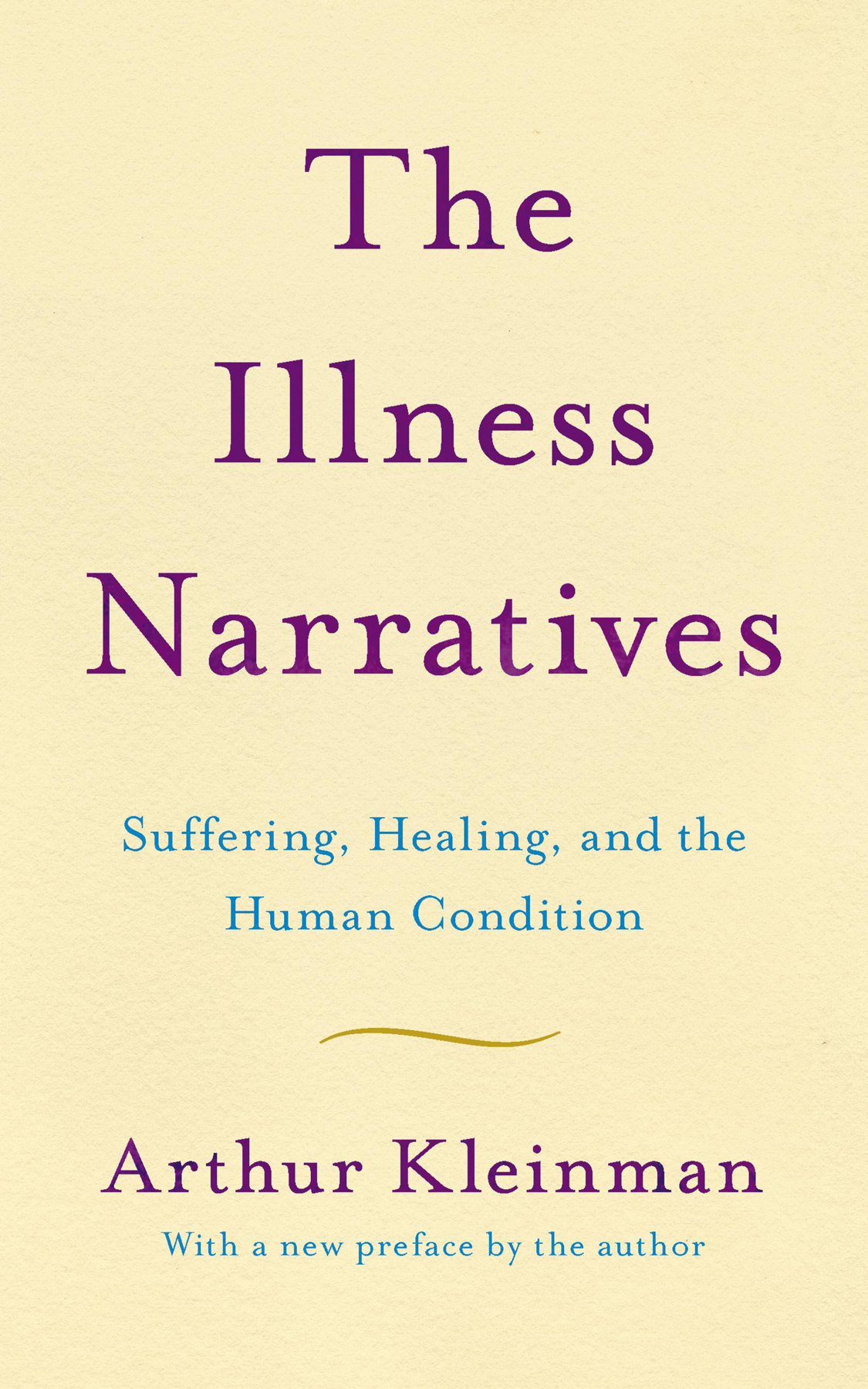
Copyright 2020 by Basic Books
Cover design by Shreya Gupta
Cover images Art Furnace / Shutterstock.com; David M. Schrader / Shutterstock.com
Cover copyright 2020 Hachette Book Group, Inc.
Hachette Book Group supports the right to free expression and the value of copyright. The purpose of copyright is to encourage writers and artists to produce the creative works that enrich our culture.
The scanning, uploading, and distribution of this book without permission is a theft of the authors intellectual property. If you would like permission to use material from the book (other than for review purposes), please contact permissions@hbgusa.com. Thank you for your support of the authors rights.
Basic Books
Hachette Book Group
1290 Avenue of the Americas, New York, NY 10104
www.basicbooks.com
First Edition: April 1988
First Paperback Edition: October 1989
Published by Basic Books, an imprint of Perseus Books, LLC, a subsidiary of Hachette Book Group, Inc. The Basic Books name and logo is a trademark of the Hachette Book Group.
The publisher is not responsible for websites (or their content) that are not owned by the publisher.
Excerpt from The Marrow and The Meadow Mouse by Theodore Roethke from The Collected Poems of Theodore Roethke. Copyright 1962, 1963 by Beatrice Roethke as administratrix of the estate of Theodore Roethke. Reprinted by permission of Doubleday, a division Knopf Doubleday Publishing Group
Library of Congress Cataloging-in-Publication Data
Names: Kleinman, Arthur, author.
Title: The illness narratives : suffering, healing, and the human condition / Arthur Kleinman, MD.
Description: Second edition. | New York : Basic Books, [2020] | Includes bibliographical references and index.
Identifiers: LCCN 2019057688 | ISBN 9781541647121 (paperback) | ISBN 9781541674608 (ebook)
Subjects: LCSH: Chronic diseasesPsychological aspects.
Classification: LCC RC108 .K57 2020 | DDC 616/.044dc23
LC record available at https://lccn.loc.gov/2019057688
ISBNs: 978-1-5416-4712-1 (paperback), unassigned (ebook)
E3-20200907-JV-NF-ORI
To those who suffer chronic illness; to those who share the experience of disability as members of the family and social circle; and to the professionals who care for them.
The solid meaning of life is always the same eternal thingthe marriage, namely of some unhabitual ideal, however special, with some fidelity, courage and endurance, with some mans or womans pains.
W ILLIAM J AMES, Talks to Teachers
Mortality, I take it, is the central fact of practical existence; death is the central fact of life.
M ICHAEL O AKESHOTT, Experience and Its Modes
If you miss being understood by laymen, and fail to put your hearers in this condition, you will miss reality.
H IPPOCRATES, Ancient Medicine
During the early 1960s, in my second and third years at medical school, I encountered several patients whose powerful experiences of illness, at either pole of the course of life, fixed my interest on the intimate and manifold ways by which illness comes to affect our lives.
The first patient was a pathetic seven-year-old girl who had been badly burned over most of her body. She had to undergo a daily ordeal of a whirlpool bath during which the burnt flesh was tweezered away from her raw, open wounds. This experience was horribly painful to her. She screamed and moaned and begged the medical team, whose efforts she stubbornly fought off, not to hurt her anymore. My job as a neophyte clinical student was to hold her uninjured hand, as much to reassure and calm her as to enable the surgical resident to quickly pull away the dead, infected tissue in the pool of swirling water, which rapidly turned pinkish, then bloody red. Clumsily, with a beginners uncertainty of how to proceed, I tried to distract this little patient from her traumatic daily confrontation with terrible pain. I tried talking to her about her home, her family, her schoolalmost anything that might draw her vigilant attention away from her suffering. I could barely tolerate the daily horror: her screams, dead tissue floating in the blood-stained water, the peeling flesh, the oozing wounds, the battles over cleaning and bandaging. Then one day, I made contact. At wits end, angered at my own ignorance and impotence, uncertain what to do besides clutching the small hand, and in despair over her unrelenting anguish, I found myself asking her to tell me how she tolerated it, what the feeling was like of being so badly burned and having to experience the awful surgical ritual, day after day after day. She stopped, quite surprised, and looked at me from a face so disfigured it was difficult to read the expression; then, in terms direct and simple, she told me. While she spoke, she grasped my hand harder and neither screamed nor fought off the surgeon or the nurse. Each day from then on, her trust established, she tried to give me a feeling of what she was experiencing. By the time my training took me off this rehabilitation unit, the little burned patient seemed noticeably better able to tolerate the debridement. But whatever effect I had had on her, her effect on me was greater. She taught me a grand lesson in patient care: that it is possible to talk with patients, even those who are most distressed, about the actual experience of illness, and that witnessing and helping to order that experience can be of therapeutic value.
The other memorable patient from my medical school days was an elderly woman who suffered chronic cardiovascular effects of the syphilis she had acquired from a serviceman in World War I. I saw her as an outpatient. Through months of conversations she gave me a poignant sense of what it was like to bear the stigma of syphilis; she showed me how it affected her relations with her family and the men she met, leaving her shunned and isolated. Each week she would detail for me the tragic personal experiences that had resulted from her diagnosis years before. Over time I realized that there were two sets of long-term problems: the insidious medical complications of the course of her chronic syphilis and the life trajectory that her illness had marked and inexorably shaped. I recognized, furthermore, that my medical training systematically educated me about the former but tended to discount and in certain ways even blind me to the latter. This patient, like her much younger counterpart, edified me about the difference between the patients experience of illness and the doctors attention to diseasea key distinction I will develop in the course of this book.
Over the past two decades, my interest in how chronic illness is lived and responded to by real people has led me to conduct clinical and ethnographic studies of the experience of illness among patients in China and North America. These studies have been published in technical articles and in books written for an audience of academic specialists. My clinical work, again centered on the psychological and social aspects of chronic medical illness, also has been described for a fairly narrow professional readership. My aim in this book is altogether different. I write here to explain to patients, their families, and their practitioners what I have learned from a career passionately devoted to this interest. I write because I wish to popularize a technical literature that would be of great practical value for those who must live with, make sense of, and care for chronic illness. Indeed, I will argue that the study of the experience of illness has something fundamental to teach each of us about the human condition, with its universal suffering and death.
Font size:
Interval:
Bookmark:
Similar books «Illness Narratives : Suffering, Healing, and the Human Condition»
Look at similar books to Illness Narratives : Suffering, Healing, and the Human Condition. We have selected literature similar in name and meaning in the hope of providing readers with more options to find new, interesting, not yet read works.
Discussion, reviews of the book Illness Narratives : Suffering, Healing, and the Human Condition and just readers' own opinions. Leave your comments, write what you think about the work, its meaning or the main characters. Specify what exactly you liked and what you didn't like, and why you think so.


